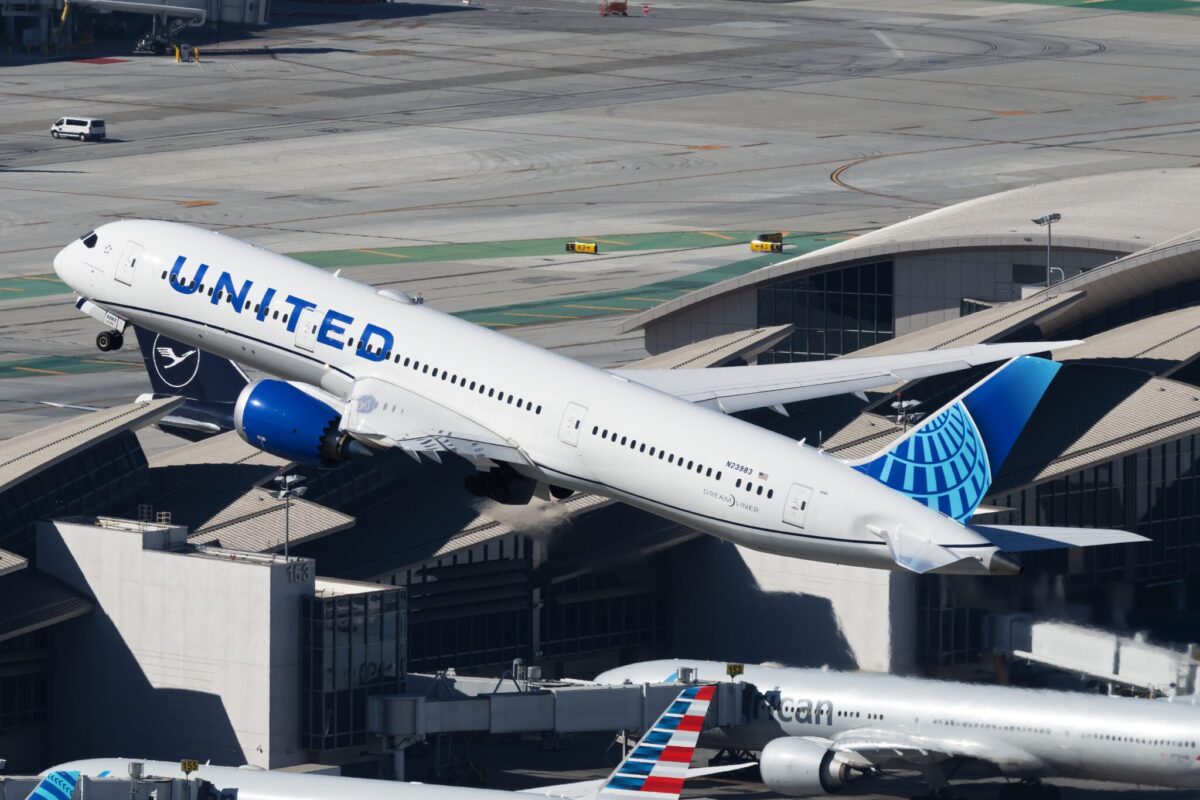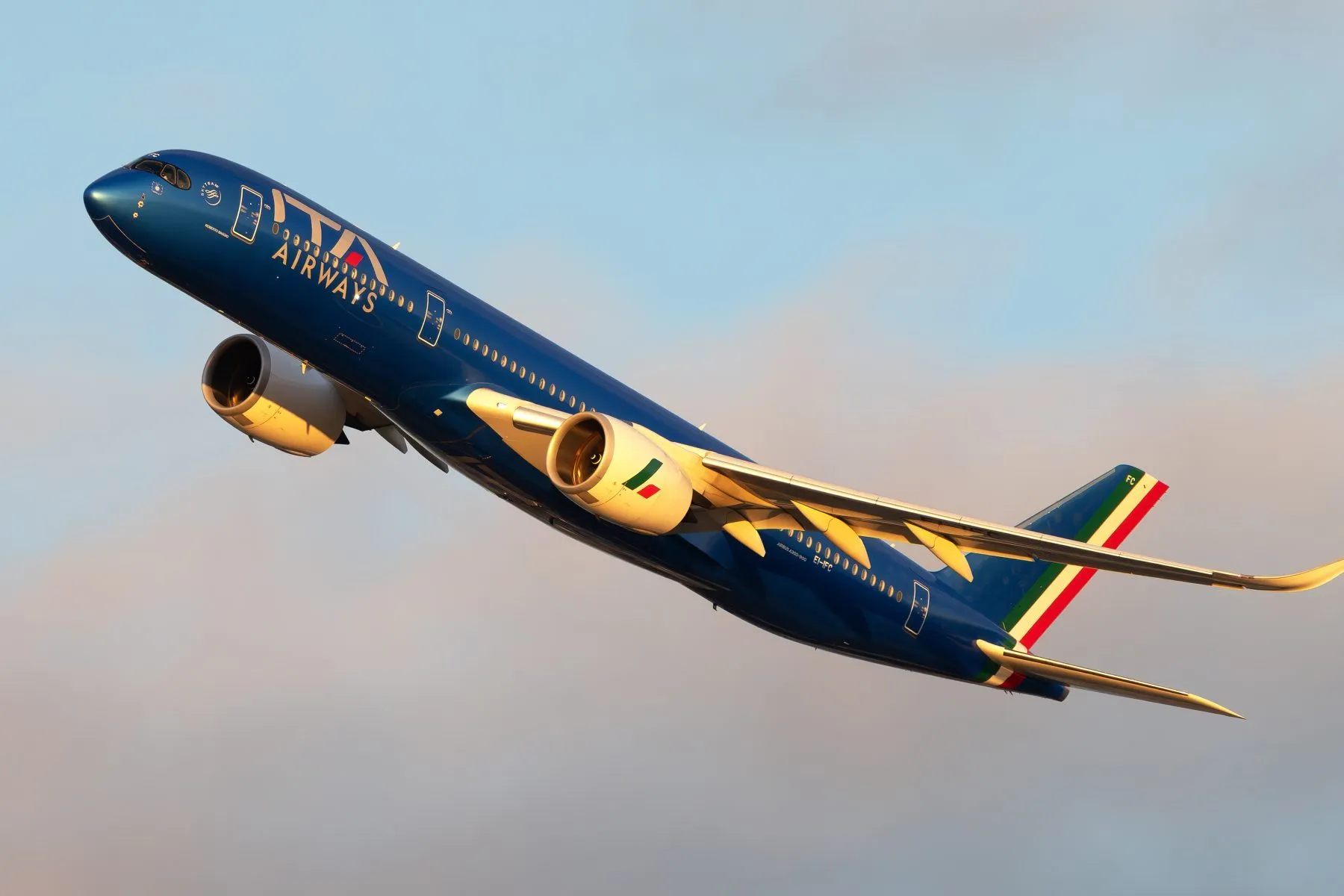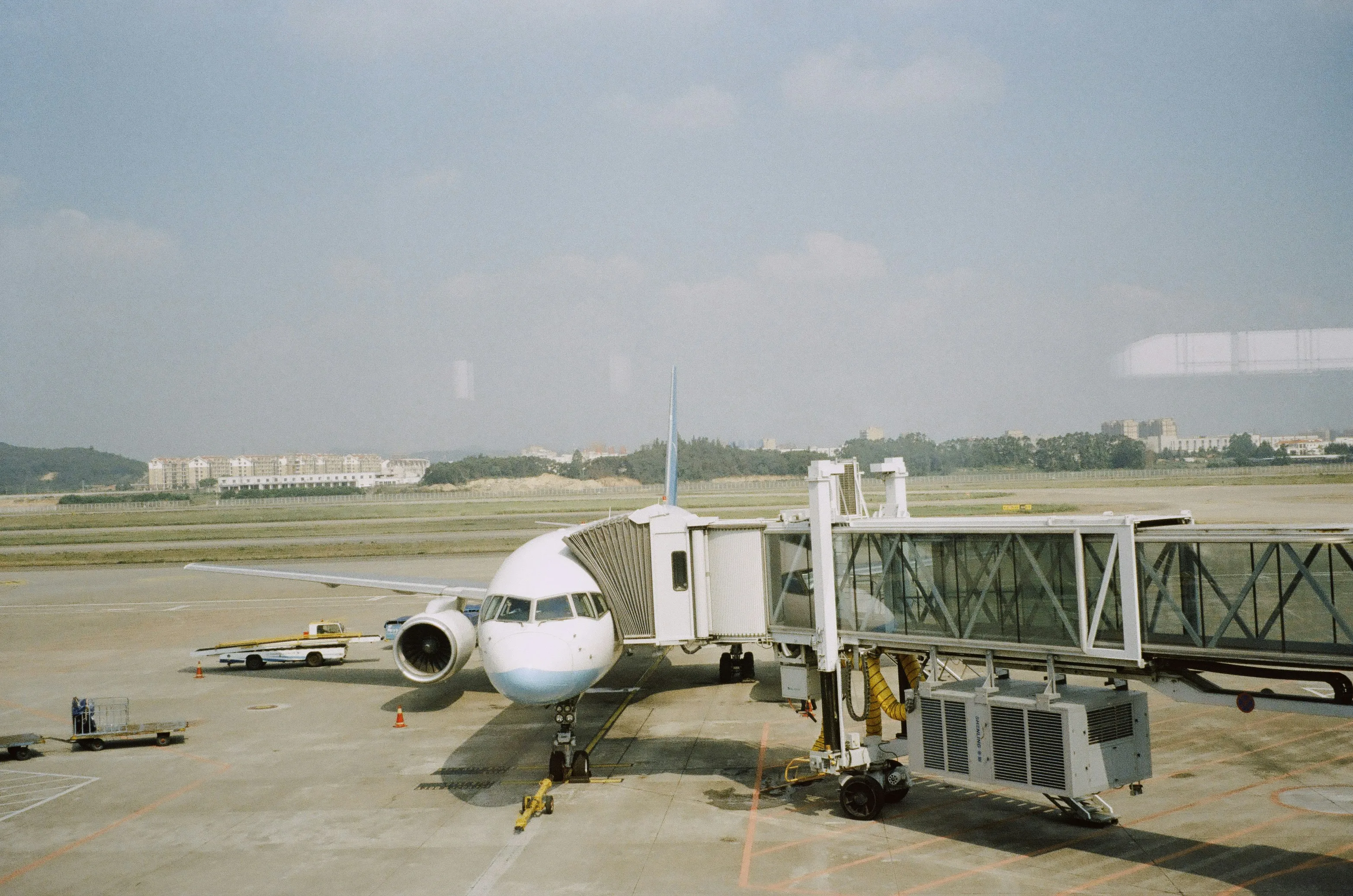Choice Hotels Won June on U.S. TV Among All Travel Advertisers
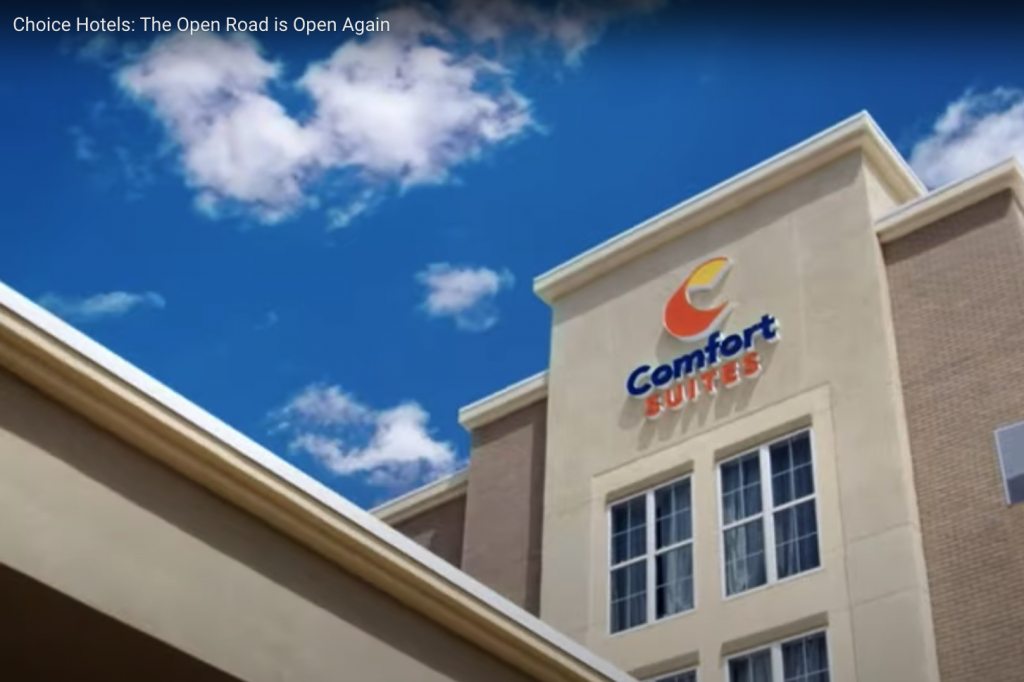
Skift Take
Choice Hotels, leveraging a reinvigorated drive market during the Covid-19 crisis, was the most-seen travel brand, and had the highest estimated spend, $3.2 million, on U.S. TV in June.
And Choice, with its "book direct" message, didn't start advertising on U.S. TV until June 18.
Visit Las Vegas and the Montana Office of Tourism were there to be counted, as well, contributing 75 percent of all U.S. TV spend in the cities/destinations category, which led the pack of travel sectors as most of the industry returned to TV in June. Except for airlines and cruise lines, which each spent less than $200,000.
These insights come from iSpot.tv, the television analytics platform, which gauged the travel industry's U.S. TV performance last month, looking at airlines, cities/destinations, cruise lines, hotels, resorts/theme parks, and travel websites.
The following is iSpot.tv's analysis, which we edited:
June Increases in TV Ad Impressions, Estimated Spend and Airings
After a quiet spring due to the coronavirus pandemic, the travel industry started to come back just in time for summer, with month-over-month increases in TV ad impressions, estimated spend, and ad airings for June.
Topline Statistics
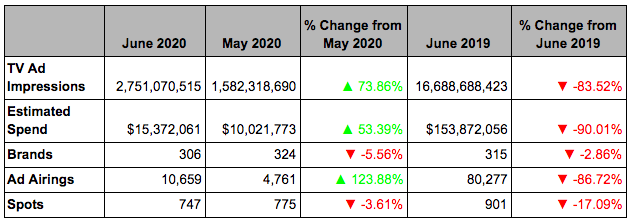
iSpot.tv views ad impressions as highly important because they show which brands attracted the most eyeballs. How much a brand spends doesn't necessarily equate to a comparable number of impressions.
Resorts/Theme Parks Had Over 1 Billion TV Ad Impressions in June
Although it ranked fourth for estimated spend, the resorts and theme parks category was the only sub-industry to have over 1 billion TV ad impressions (1.1 billion). It was led by Sandals Resorts, which accounted for 41 percent of resort/theme park impressions (458.4 million). Second place for total TV ad impressions went to cities and destinations (796.7 million), followed by hotels (651.4 million), travel websites (121.5 million), airlines (35.5 million), and cruise lines (27.8 million).
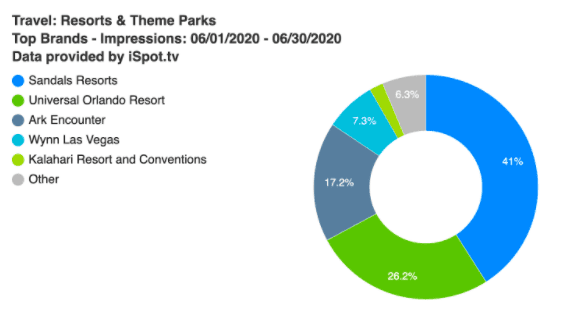
Cities/Destinations Were Top Spenders
Looking at the travel categories by estimated TV ad spend, cities/destinations shelled out the most in June (est. $5.9 million), followed by hotels (est. $3.8 million), travel websites (est. $2.9 million) and resorts and theme parks (est. $2.6 million). Airlines and cruise lines both spent under $200,000 in June for TV ads.
Within the cities/destinations category, two brands made up 75 percent of all spend: Visit Las Vegas (est. $3 million) and Montana Office of Tourism (est. $1.4 million). The spot with the most overall spend across all travel categories in June was from Visit Las Vegas: Las Vegas, Now Open! with an estimated spend of $2.6 million. The Montana Office of Tourism spot, Family Activities’ Song by Old Man Canyon, was No. 4 for spend (est. $1.4 million).
Big Player: Choice Hotels
Despite not airing ads until June 18, the most-seen travel brand overall was Choice Hotels, with 567.5 million TV ad impressions. It dominated the hotel sub-industry, accounting for 87 percent of all impressions generated by hotel ads. Choice Hotels was also the No. 1 overall travel brand by spend in June, with an estimated outlay of $3.2 million.
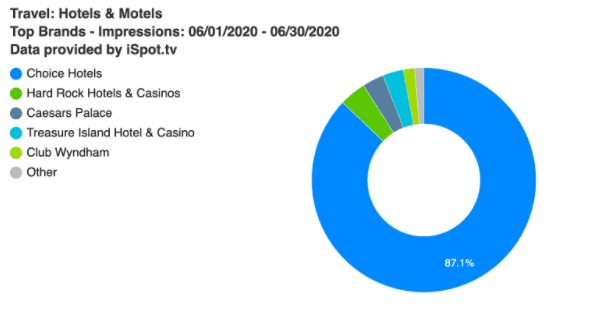
Choice Hotels also owned two of the top three travel spots by TV ad impressions: The Open Road Is Open Again, Song by Willie Nelson (No. 1 with 344.3 million impressions; it was also the No. 3 spot for estimated spend with $2.3 million) and The Open Road Is Open Again: Earn a Free Night, Song by Willie Nelson (No. 3 with 222.8 million impressions). The second most-seen spot with 230.5 million impressions was Universal Orlando Resort’s Who Has Three Parks, Has Missed You a Ton and Is Open Again?
Cities/Destinations and Hotel Ads Hold Viewer Attention
Two travel categories had notable average iSpot Attention Scores: cities/destinations (Score: 95.93, with ads from this category receiving 37 percent fewer interruptions than average) and hotels (Score: 95.57, with 31 percent fewer interruptions).
One notable ad for cities/destinations: Visit Myrtle Beach's This Summer, Get Back to Where You Belong.
90.3 million TV ad impressions
iSpot Attention Score: 97.19
31 percent fewer interruptions than average
One notable ad for hotels: Choice Hotels' The Open Road Is Open Again, Song by Willie Nelson
344.3 million TV ad impressions
iSpot Attention Score: 95.87
7 percent fewer interruptions
Notes: The iSpot Attention Score measures the propensity of consumers to interrupt an ad play on TV. The higher the score, the more complete views. Actions that interrupt an ad play include changing the channel, pulling up the guide, fast-forwarding or turning off the TV.
iSpot.tv, the always-on measurement and attribution platform, provided this June data to Skift.



